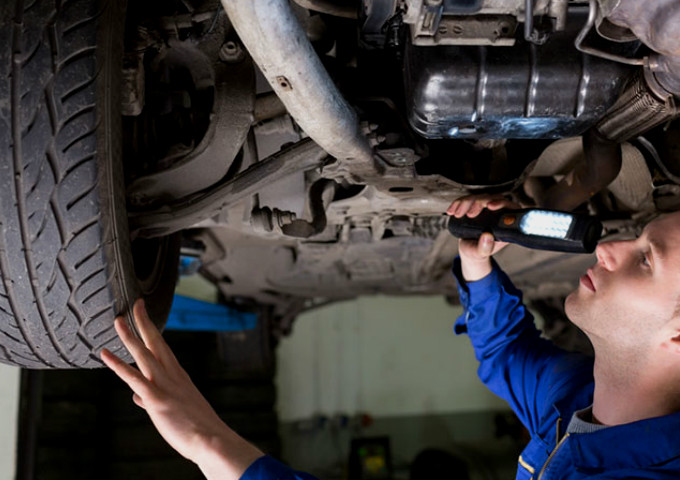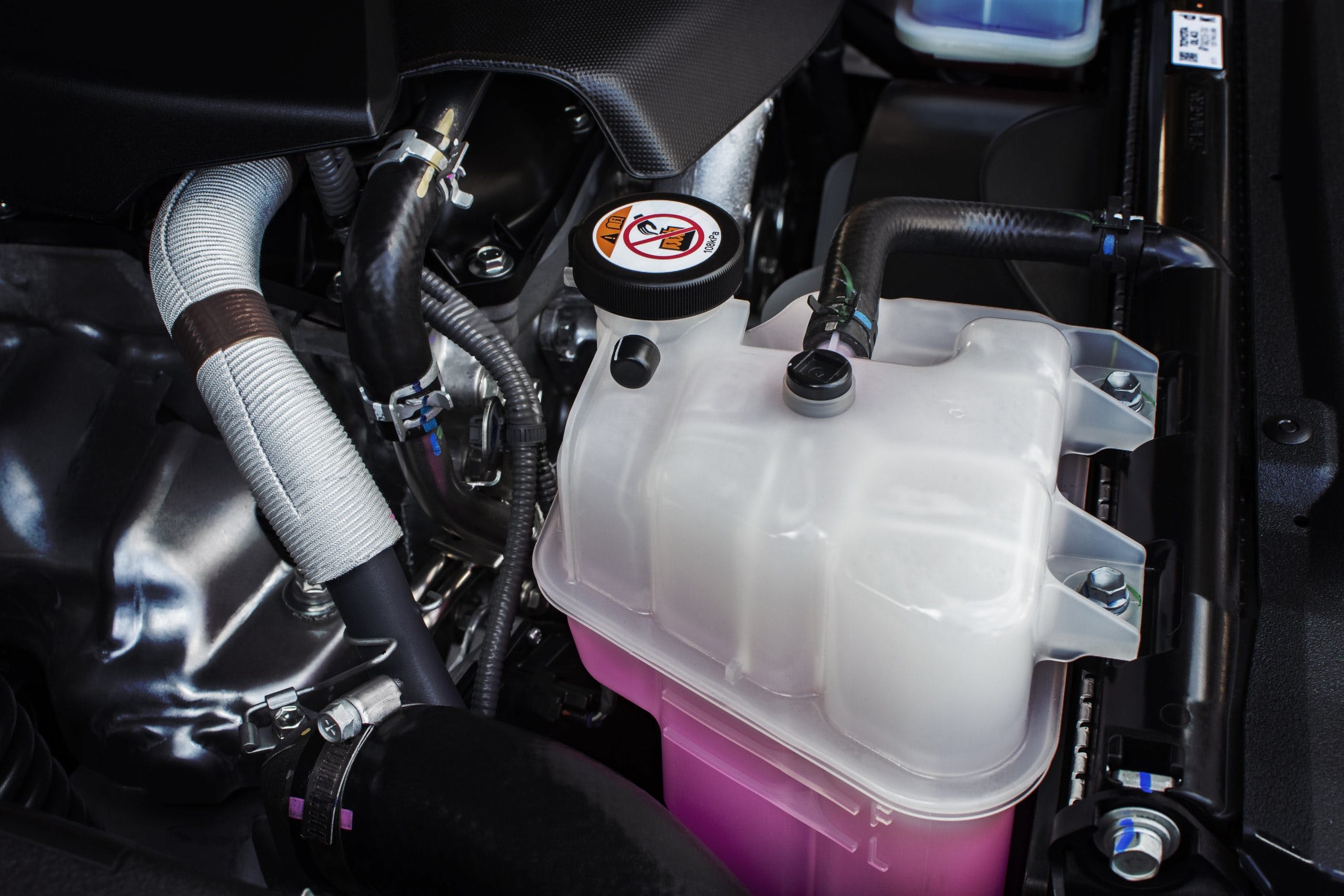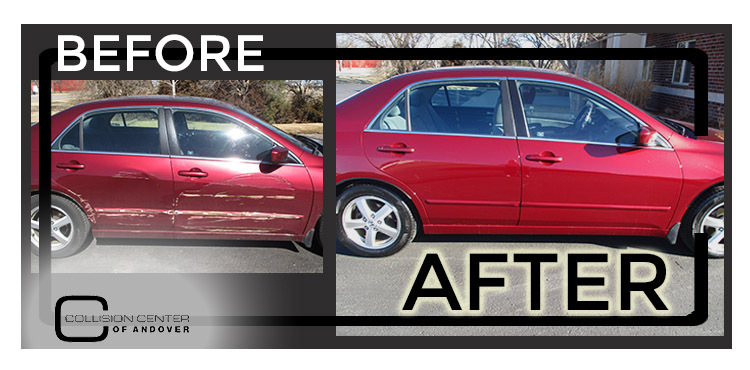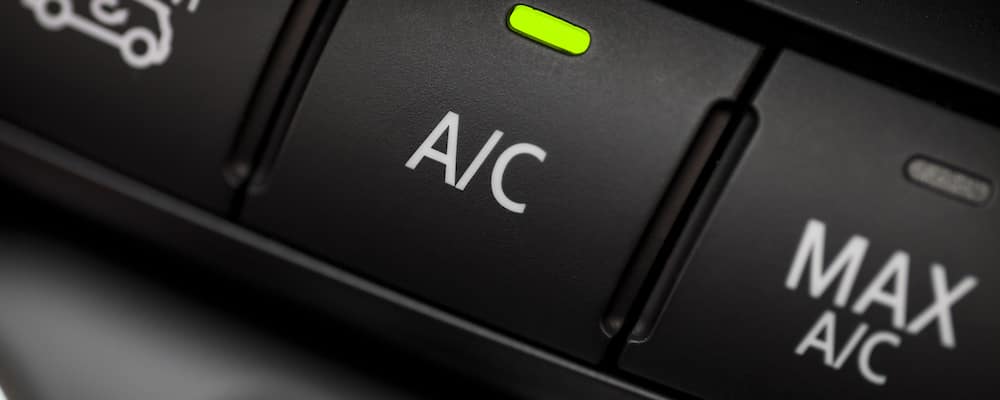When is It Not Worth Repairing a Car
It is not worth repairing a car when repair costs exceed its value or its safety becomes irreparable. Sometimes, frequent breakdowns indicate it’s time for a replacement.
Deciding whether to repair or replace a car can be a challenging decision for vehicle owners. Repairing a car might seem like an economical solution, but there are circumstances when investing in fixes does not justify the cost. Factors to consider include the age of the car, its current market value, the extent of the damage, and the potential for future problems.
Ensuring your vehicle is reliable and safe is paramount; thus, if repairs can no longer guarantee this, seeking a new car might be the best course of action. Economic considerations also play a significant role—as maintenance expenses mount up, they can end up being more burdensome than the monthly payments for a newer, more reliable vehicle. Prioritizing safety, reliability, and financial practicality is key when determining the viability of vehicle repairs.
The High Cost Of Repairs Vs. Vehicle Value
Imagine you’re faced with a hefty car repair bill. Your beloved vehicle, which has been with you through thick and thin, suddenly seems like a financial burden. The question beckons: should you pay for the repairs, or is it time to bid farewell to your four-wheeled companion? This dilemma often comes down to comparing the cost of fixing the car against its current market value.
Comparing Repair Costs To Current Market Value
Repair costs can skyrocket. When they exceed your car’s value, it’s probably time to consider other options. Here’s a simple way to analyze your situation:
- Get a quote for the repairs.
- Check the current market value of your car.
- Compare the two figures.
If repair costs are higher than the car’s value, investing in repairs might not be wise. You may end up spending more than what you’d get if you sold the vehicle as it is.
Understanding Depreciation Rates
Depreciation is the loss of value over time. Cars depreciate fastest in the first few years. Understanding this can guide your decision:
| Age of Vehicle | Depreciation Rate |
|---|---|
| 1 Year | 20-30% |
| 3 Years | Up to 50% |
| 5+ Years | 60% or more |
By understanding these rates, you can better judge the economic lifespan of your car. If your car’s age means it has depreciated significantly, costly repairs may not be justified.

Credit: phillycashforcars.com
Safety Concerns That Signal The End
Deciding not to repair a car is tough. Safety should always come first. A car past repair often shows clear signs. These signs suggest it’s time to say goodbye. Knowing these can help avoid risk.
Critical Components Beyond Repair
Some car parts are vital for safe driving. When these parts fail, the risk soars. Think of your car as a team, with each part playing a crucial role. If the star players, like the engine or transmission, are out of the game, the whole team suffers. Here’s a glance at parts that, when failed, signal the end:
- Engine: Heart of the car. Costly to replace.
- Transmission: Essential for movement. High repair costs.
- Suspension: Affects car control. Safety compromise if failed.
When these components are down, it’s time. Repair costs might exceed the car’s value. Not just that, but driving might become dangerous.
Compromises In Vehicle Safety
The safety of a car is non-negotiable. Cars have systems to protect us. When they fail, danger rises. Look out for these red flags:
| Component | Function | Signs of Failure |
|---|---|---|
| Airbags | Protect in a crash | Warning lights, recalls |
| Brakes | Control speed, stop | Noisy, less responsive |
| Seatbelts | Hold you in place | Worn straps, faulty latches |
Imagine a car that can’t protect its passengers. High repair bills and safety risks often mean one thing. It’s time to invest in a safer ride, rather than fixing the old one.
Frequency Of Breakdowns
As your car ages, the frequency of breakdowns can become a red flag. When trips to the mechanic become routine, it’s time to evaluate if your car is still worth the investment. Frequent breakdowns mean more than just repair costs; they symbolize deeper issues that may not justify further repairs.
Chronic Problems And Reliability Issues
Chronic car problems can feel like a never-ending loop. These are issues that keep recurring, despite attempts to fix them. If your car faces a similar situation, value may diminish as reliability falters. Key indicators include:
- Persistent engine or transmission issues
- Electrical gremlins that evade diagnosis
- Recurring failure of the same component
Such consistency of trouble points to systemic failures. It’s wiser to invest your resources elsewhere when faced with these concerns.
The Inconvenience And Risk Of Repeated Failures
Regular car failures don’t just cost money; they cost time and pose safety risks. Each breakdown brings with it:
- Unplanned stops disrupting your routine
- Stress from dependency on a unreliable car
- Potential danger from an unexpected breakdown, especially in traffic or remote areas
Tallying these factors, you must consider your vehicle’s reliability. If it feels like a gamble every time you turn the ignition, that’s a clear sign the vehicle may no longer be a sensible choice for you.

Credit: www.ent.com
Obsolete Technology And Features
Deciding whether to repair your car can be tough. Sometimes, the technology and features of an older car make this decision even harder. Let’s talk about when tech and features of an old car don’t justify fixing it.
Outdated Safety Features And Functionalities
Safety should be a top priority when deciding on car repairs. Older cars might lack vital safety features that are common in newer models. Below are points to consider:
- Airbags that might not deploy during a crash.
- Anti-lock braking systems (ABS) could be missing, increasing risk during hard stops.
- No electronic stability control, vital for preventing skids.
- Lack of adaptive headlights that enhance night visibility.
Driving a car without these features could put you at greater risk. The cost of updating these can be more than the car’s value.
Lack Of Compatibility With New Technologies
In a world where technology changes rapidly, cars can quickly fall behind. Consider the following technology compatibility issues:
| Technology | Compatibility Issue |
|---|---|
| Smartphone Integration | No support for hands-free calls or music streaming. |
| GPS Navigation | Outdated maps and no live traffic updates. |
| Diagnostic Ports | Inability to interface with modern diagnostic tools. |
| Electric Vehicle Chargers | Older cars cannot use rapid charging stations. |
Repairing a car that can’t use today’s tech may not be worth the investment. Think about how essential these features are for your daily use.
Environmental Considerations
The state of our environment continues to spark debates and actions worldwide. When deciding whether to repair a car or not, it’s essential to weigh environmental factors. This part of our discussion explores the environmental considerations tied to keeping older vehicles on the road versus replacing them with newer, more efficient models.
Emissions And Fuel Efficiency Concerns
Older vehicles often lack modern eco-friendly features. They tend to burn more fuel and emit higher levels of pollutants. This impacts air quality and contributes to climate change.
- Poor fuel economy leads to more frequent refuels and higher CO2 emissions.
- Worn components can cause inefficient combustion, increasing harmful emissions.
- Newer models usually meet or exceed current emission standards.
Older Cars And Environmental Regulations
Environmental policies are getting stricter, putting older cars under scrutiny. These regulations aim to reduce the environmental footprint of vehicles and encourage the adoption of greener technologies.
| Regulation | Impact on Older Cars |
|---|---|
| Limits on Emissions | May render older models non-compliant |
| Annual Inspections | Increased costs for maintenance |
| Incentives for Eco-friendly Cars | Encourages upgrade to newer, cleaner models |
Cities are pushing for clean air zones, potentially leading to charges or bans for older, polluting vehicles. Opting for a newer, greener car could save on future costs and benefit the environment.
Personal Circumstance And Car Usage
Deciding whether to repair your car involves more than just cost considerations. Your personal circumstances and how you use your car play a crucial role.
Changes In Lifestyle And Transportation Needs
Lifestyle changes often dictate our choices, including those about our vehicles.
- A new job may require a different commute, making reliability a top concern.
- Family growth can demand more space, prompting a switch to a larger vehicle.
- Environmental consciousness might lead you to consider an electric or hybrid option.
When life changes, the old car sometimes doesn’t fit the new transportation puzzle.
When Upgrading Makes More Sense Financially
Occasionally, the wallet dictates the path to take.
- Calculate repair costs against the car’s value. Is the repair more than half the car’s value? It might be time to upgrade.
- Consider depreciation and increased maintenance costs on older cars. They can drain wallets fast.
- Assess potential savings from a newer car with better gas mileage and fewer repair needs.
If numbers show a new car is more economical in the long run, the choice is clear. Seek an upgrade.

Credit: www.cashforcars.com
Frequently Asked Questions On When Is It Not Worth Repairing A Car
When Is Car Repair More Expensive Than Its Value?
The point where repair costs exceed the vehicle’s value or one year’s worth of monthly payments is often considered the cutoff. If repairs cost more, it’s financially sensible to replace rather than repair the car.
What Factors Determine A Car’s Repair Worthiness?
Several factors influence repair decisions, such as the car’s current market value, extent of the damage, historical reliability, and potential for future breakdowns. Safety and repair costs versus replacement costs are also pivotal in determining worthiness.
How Does Car Age Affect Repair Decisions?
Older vehicles might not justify expensive repairs due to the likelihood of additional maintenance issues arising. Depreciation, discontinued parts, and outdated safety features all contribute to this consideration.
What Signs Indicate A Car Is Beyond Repair?
Signs like a severely damaged frame, costs exceeding the car’s value, or critical mechanical failures – such as a busted engine or transmission – signal it’s time to stop repairing and consider replacing the vehicle.
Conclusion
Deciding against car repairs can be smart economics. Frequent breakdowns, high maintenance costs, or safety concerns signal it’s time to let go. Focus on long-term value and peace of mind. Trust your judgment, and when the scales tip, invest in a reliable vehicle for your future journeys.



